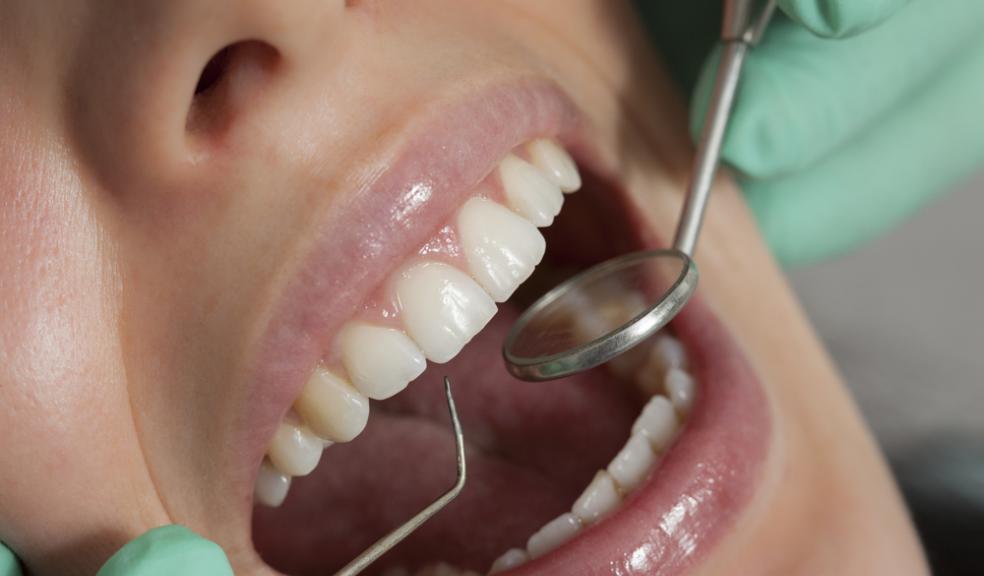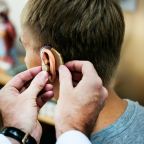
400,000 people in SW travel over 40 miles for dental care
A leading charity has expressed deep concerns over access to oral healthcare in the South West, as new research reveals an estimated 432,000 people living across the region are facing a 40-mile round-trip to be seen by a dentist.
An investigation by the Oral Health Foundation also shows more than one in four (27%) live further than ten miles away from their current dental practice, higher than anywhere else in the UK, raising severe concerns about access for those in rural areas, the elderly and those who suffer with mobility difficulties.1
The oral health charity is now urging the government to urgently address issues such as geographical isolation, the growing elderly population, lack of adequate transport and provider shortages.
Dr Nigel Carter OBE, CEO of the Oral Health Foundation, believes the continual cuts made to dentistry have created greater barriers and inequalities and is urging the government to make a commitment to prioritise the basic health needs of these marginalised groups.
Dr Carter says: “Access to adequate oral healthcare continues to be a persistent issue across areas such as the South West. With fewer dental health professionals in rural areas, people in these areas are having to travel further to obtain a relatively simple dental check-up.
“Even up to a few years ago we had oral health promotional (OHP) teams dotted across the country who would go out and visit such communities and provide dental care to a range of groups who would otherwise have found it difficult to access care.
“Unfortunately, we have now seen the budgets of OHP teams cut by as much as 100%, leaving many to fend for themselves and look for alternatives. As these alternatives are not always practical or even possible, it sadly leaves many simply going without.”
In other concerns about the growing distance needed to travel for dental care, more than six million people living in the UK have mobility impairments while by 2043 it is estimated that one in four (25%) will be aged 65 or older.2
Professor Liz Kay, Foundation Dean at Peninsula Dental School in Plymouth, says as these groups have specific oral health needs, regular access to dental care becomes even more critical.
Professor Kay says: “We cannot afford for the needs of people with disabilities and the elderly to be ignored any longer. It is also important to remember these groups experience greater difficulties with self-care at home, as decreased mobility of the hands or arms, even eyesight, can lead to ineffective brushing and increased risk of dental disease.
“Older people will also find their gums may recede and the teeth may become more sensitive. Others who take regular medication which makes their mouth dry, which is a problem because saliva is important in helping to protect the teeth against decay.
“A commitment must be made to redeploy OHP teams into communities in rural areas across the UK so these groups are able to access the provisions they need – oral health is as much about retaining a person’s dignity as it is a requirement of good health.”
An estimated one in five Brits aged 17 or older do not hold a driving licence, equating to around 13.5m people who could become dependent on family, friends or public transport to access care.3
With family and friends having their own lives to live and public transport often more sporadic in rural communities, it leaves residents, particularly those on lower incomes, with difficulties in traveling to a dentist.
Dr Carter adds: “The distance people have to travel to for a check-up is a factor which could deter many people, but the growing costs associated with dental care, which are increasing above inflation, certainly do not help.
“We are essentially seeing a tax on NHS dentistry and it’s an extremely unfair situation for many people across the county.”
The charity’s research is as part of National Smile Month, a campaign to engage and educate more people about the importance of a healthy mouth.
National Smile Month, is sponsored by Oral-B and takes place between 15 May and 15 June. The charity campaign will see thousands of dental and health professionals go out into local communities across the country in a bid to improve brushing habits, education around diet and the dangers of added sugars, and the importance of regular dental visits.
The charity campaign is also being supported by some of the nation’s best-known brands and retailers including Wrigley’s Extra, POLO® Sugar Free, Philips and Regenerate.











